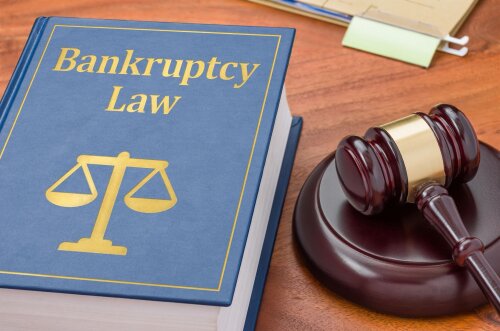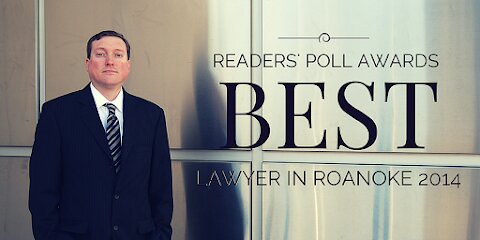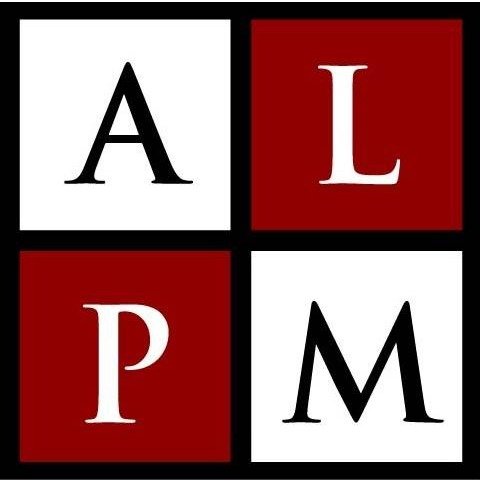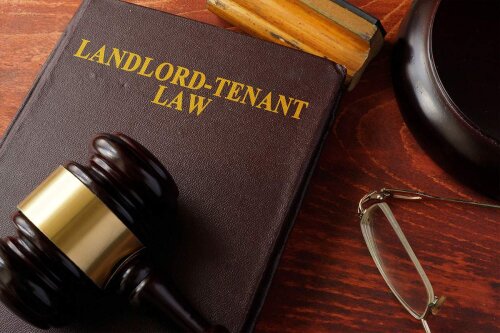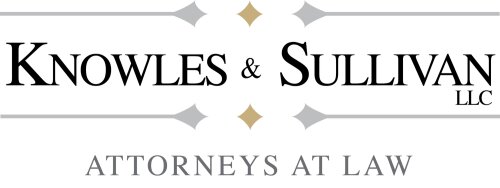Best Ethics and Professional Responsibility Lawyers in Alabama
Share your needs with us, get contacted by law firms.
Free. Takes 2 min.
Or refine your search by selecting a city:
List of the best lawyers in Alabama, United States
About Ethics and Professional Responsibility Law in Alabama, United States
Ethics and Professional Responsibility law in Alabama governs the standards of conduct, responsibilities, and ethical guidelines expected of professionals, especially attorneys practicing within the state. This area of law aims to maintain the integrity of the legal profession and ensure that clients, courts, and the public can rely on lawyers and other professionals to act honestly and competently. These rules are outlined and enforced by the Alabama State Bar and relevant disciplinary authorities. They include requirements about client confidentiality, conflicts of interest, honesty in representation, proper handling of client funds, and more. Anyone practicing law or other professions subject to licensure in Alabama must adhere strictly to these standards to maintain public trust.
Why You May Need a Lawyer
People may require legal help with Ethics and Professional Responsibility issues in several situations. For attorneys and other professionals, encountering ethical dilemmas or accusations of misconduct can have serious personal and professional consequences, such as disciplinary actions or loss of licensure. Individuals may seek legal representation if they are subject to an investigation by a licensing board, accused of a breach of professional standards, or need guidance on interpreting and complying with Alabama's rules. Additionally, clients who believe they have been wronged by their attorneys or professionals may also need legal counsel to understand their rights and pursue complaints or restitution.
Local Laws Overview
Alabama's primary legal framework for attorney conduct is the Alabama Rules of Professional Conduct, which closely follows the American Bar Association's Model Rules with some state-specific amendments. These rules set forth the ethical responsibilities of lawyers, including duties of competence, diligence, communication, confidentiality, and avoidance of conflicts of interest. The Alabama State Bar's Office of General Counsel is responsible for investigating and prosecuting alleged violations of these rules. Additionally, there are specific state laws and regulations concerning other licensed professionals, such as doctors, engineers, and accountants, each with their own codes of ethics and disciplinary procedures overseen by respective boards.
Frequently Asked Questions
What are the Alabama Rules of Professional Conduct?
The Alabama Rules of Professional Conduct are a set of state-adopted rules that govern the ethical behavior and professional responsibilities of attorneys practicing law in Alabama. They serve as the standard for attorney discipline and guide lawyers in ethical decision-making.
Who enforces professional responsibility in Alabama?
The Alabama State Bar, specifically its Office of General Counsel, investigates and prosecutes ethical complaints against attorneys. Other professionals have their conduct overseen by respective state boards and agencies.
If I believe my lawyer acted unethically, what should I do?
You can file a grievance or complaint with the Alabama State Bar, detailing the conduct you believe violated the Rules of Professional Conduct. The Bar will review and investigate your complaint.
What types of sanctions can be imposed for ethical violations in Alabama?
Sanctions can include private reprimands, public censures, suspension, or disbarment. Less severe cases may result in diversion programs or educational requirements.
Can I get legal advice if I am unsure about an ethical dilemma?
Yes. Lawyers or other professionals facing ethical uncertainties can seek advice from counsel well-versed in professional responsibility or, in some cases, request a formal advisory opinion from their licensing board.
Are non-lawyers subject to similar professional responsibility rules?
Yes. Many professions in Alabama have their own codes of ethics and standards of professional responsibility, enforced by separate regulatory boards.
How long does a professional misconduct investigation take?
The time frame varies depending on the complexity of the case, responsiveness of the parties involved, and factual circumstances. Some investigations conclude within a few months, while others may take longer.
Can a lawyer continue to practice during an ethics investigation?
Generally, a lawyer can continue to practice unless an interim suspension or another temporary disciplinary measure is imposed during the investigation.
Will disciplinary actions be made public?
Final public sanctions such as suspensions or disbarments are usually part of the public record. Private reprimands generally remain confidential.
Where can I find the Alabama Rules of Professional Conduct?
The Alabama Rules of Professional Conduct are available through the Alabama State Bar website or by contacting the State Bar directly for official documentation.
Additional Resources
- Alabama State Bar - Oversees lawyer licensing, ethical rules, and discipline. - Office of General Counsel, Alabama State Bar - Handles grievances and provides information on professional conduct. - Professional Licensing Boards - Boards for doctors, engineers, accountants, and other fields set and enforce codes of ethics for their professions. - Local Law Libraries - Offer public access to statutes, regulations, and commentary on professional responsibility. - Continuing Legal Education (CLE) Providers - Provide education on ethics and professional responsibility for attorneys and other professionals.
Next Steps
If you are facing an ethical dilemma, responding to a complaint, or need guidance regarding professional conduct in Alabama, consider taking the following steps:
1. Gather any relevant documentation, communications, and records that pertain to your situation. 2. Consult with an attorney who has experience in ethics and professional responsibility or contact your professional licensing board for advisory resources. 3. If you wish to file a formal complaint, contact the appropriate disciplinary or licensing body for information on procedures and required forms. 4. Stay informed about your rights and responsibilities by reviewing the applicable rules and guidance for your profession. 5. Attend educational programs or review materials on professional responsibility to help avoid future issues and maintain compliance with ethical standards. 6. Seek confidential advice if you are unsure about your obligations or actions before proceeding.
Taking informed and timely action can protect your career, license, and reputation while upholding high standards of professional conduct.
Lawzana helps you find the best lawyers and law firms in Alabama through a curated and pre-screened list of qualified legal professionals. Our platform offers rankings and detailed profiles of attorneys and law firms, allowing you to compare based on practice areas, including Ethics and Professional Responsibility, experience, and client feedback.
Each profile includes a description of the firm's areas of practice, client reviews, team members and partners, year of establishment, spoken languages, office locations, contact information, social media presence, and any published articles or resources. Most firms on our platform speak English and are experienced in both local and international legal matters.
Get a quote from top-rated law firms in Alabama, United States — quickly, securely, and without unnecessary hassle.
Disclaimer:
The information provided on this page is for general informational purposes only and does not constitute legal advice. While we strive to ensure the accuracy and relevance of the content, legal information may change over time, and interpretations of the law can vary. You should always consult with a qualified legal professional for advice specific to your situation.
We disclaim all liability for actions taken or not taken based on the content of this page. If you believe any information is incorrect or outdated, please contact us, and we will review and update it where appropriate.
Browse ethics and professional responsibility law firms by city in Alabama
Refine your search by selecting a city.



